How often do you re-watch a film? I have always believed that a film’s real impact on you begins to grow/diminish only after you’re done watching it and may take days, weeks, months or years. In fact, that very aspect defines the greatness of a film. Most great films tend to grow on you and have a lasting impact compared to the instant wows that may diminish with time. As cinephiles, we’ve all come across a wide variety of films whose impact on you changes with time. This article attempts to critique movies with poor rewatch value. Please note that the numbers do not indicate the ranking of the films.
15. A Beautiful Mind (2001)
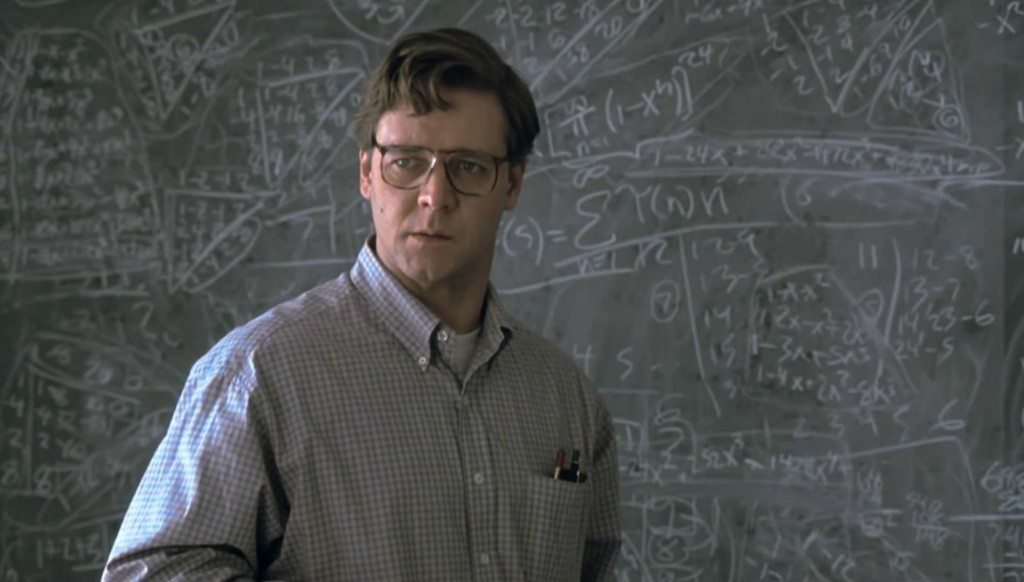
‘A Beautiful Mind’ chronicles the life of John Nash, a brilliant mathematician whose life takes a tragic turn when he develops paranoid schizophrenia. On paper, everything about the film is nice and endearing. And it does come off as a well-crafted, beautifully acted film on a first watch, but its impact on you starts getting eroded in no time and the next time you watch the film, the flaws become way too glaring, and its apparent inspirational message seems way too forced and the beguiling melodrama fails to hold up on repeat viewings. The clear lack of vision wrecks the film as it eventually ends up being a forgettable affair.
14. The Theory of Everything (2014)
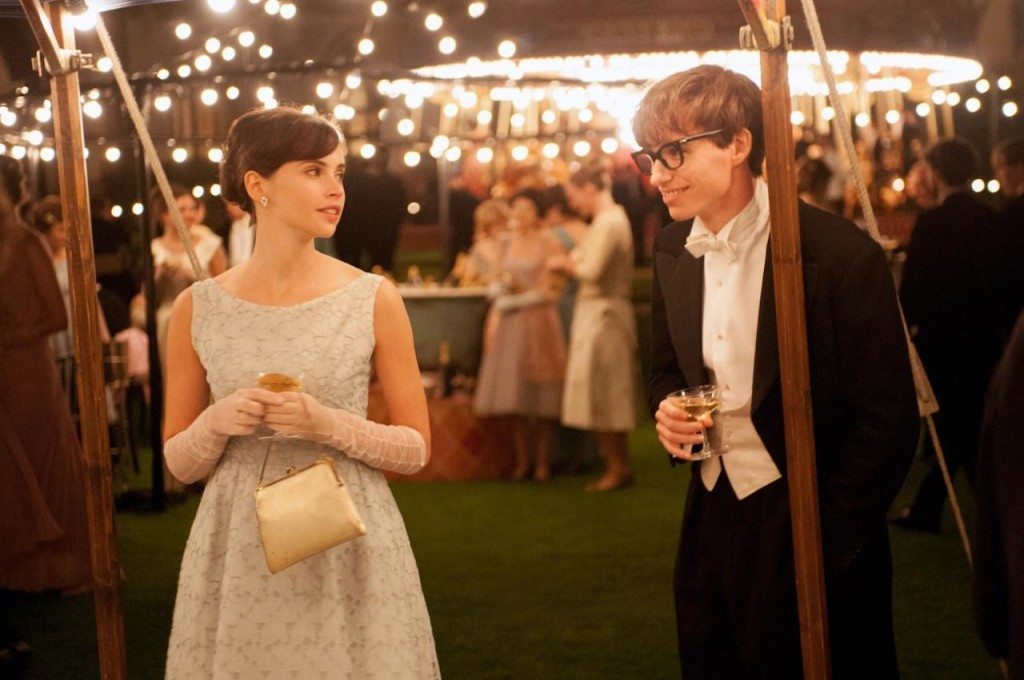
Don’t get me wrong here. ‘The Theory of Everything’ is, by no means, a bad film on any aspect. It just happens to be one of those films that create an instant wow on its first viewing but fails to have a resounding impact on you. The acting is unquestionably brilliant but the film does not penetrate on to its central character in a way that a great biopic truly demands and instead takes a safer trajectory towards its approach, following the norms of the good old traditional biopic movie-making methods and ends up being just a good film and nothing more.
13. The Reader (2008)
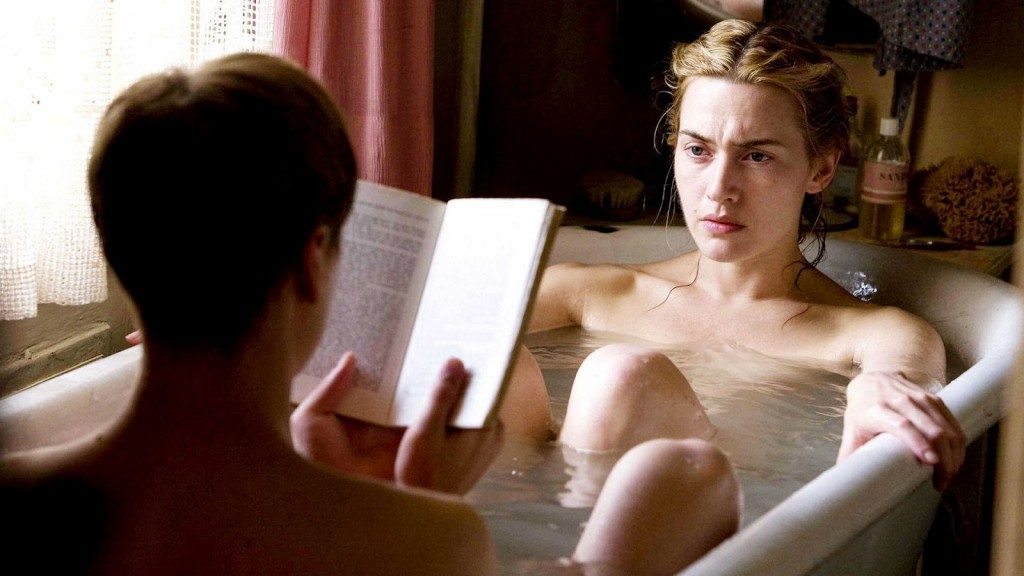
It breaks my heart to have ‘The Reader’ on this list because it’s a film that I found incredibly moving on my first viewing. Kate Winslet is unsurprisingly brilliant here and delivers the performance of a lifetime. But in retrospect, ‘The Reader’ certainly feels like a film that lacks a fierce intensity to it that could have had the power to dig a hole deep in your heart. The film tries to get through to you by humanizing its central character in a subtly manipulative and deceptive manner without ever opening up spaces to let you into the character, her motivations, and her reasons for whoever she is and whatever she did. Repeat viewings further leave you a lot colder and unsatisfying and barring the admirably immersive performance by Kate Winslet and a beautiful ending, nothing else from the film stays with you.
12. Scarface (1983)
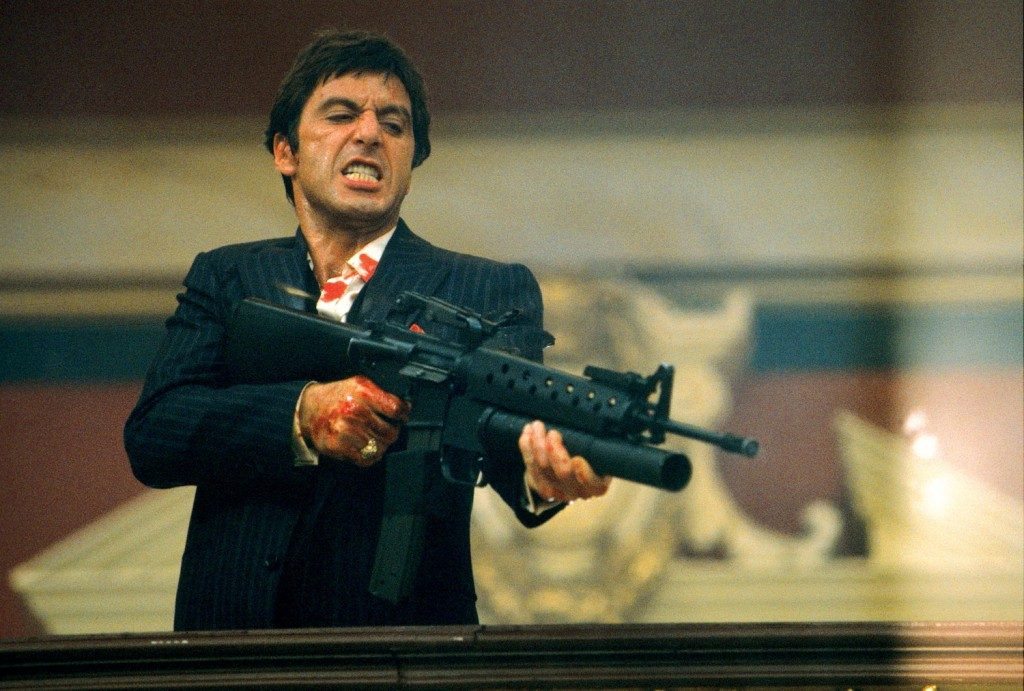
Let me get this straight once and for all. ‘Scarface’ is a film I absolutely loathe. And loathe with a passion. But my utter disgust for the film developed over time and was hardly an instant reaction to the film. As much as I hate the film, I have to admit that on a first viewing, you can’t help but feel clenched by the film’s plot. It is undeniably entertaining and there are some absolutely nerve-racking moments. But the ridiculousness of it all tends to grown on you a lot longer after you’re done seeing it. A second viewing leaves you infuriated over the mindless, unrealistic depiction of violence and a shockingly over-the-top acting performance by Al Pacino. ‘Scarface’ is the absolute definition of cinematic travesty.
11. The Green Mile (1999)
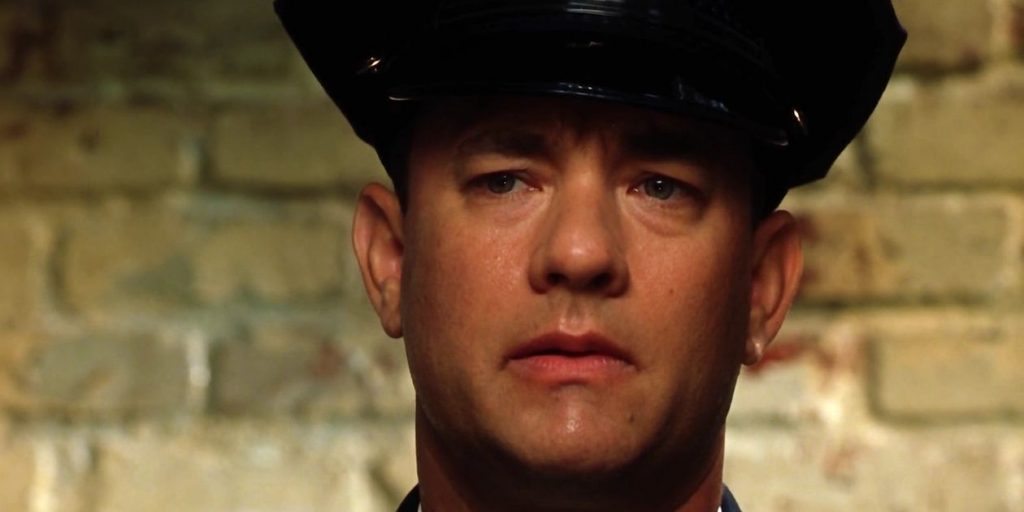
Frank Darabont’s ‘The Green Mile’ is very similar in terms of the setting, the characters and the message to one of his own earlier works, ‘The Shawshank Redemption’. But the former lacks the power and structural fluidity of the latter as it comes off as a little too melodramatic and manipulative at many places. A second viewing of the film evidently makes these things a lot clearer as the plotlines begin to feel very contrived, the characters too simple, naive, and almost flawless for you to invest yourself in, and an ending that blatantly tries to manipulate you into feeling for its characters. ‘The Green Mile’ is a decent feel-good watch that may well be enough to lift your spirits but lets you down as a film when you see it on a different day and in a different mood, perhaps.
10. Life is Beautiful (1997)
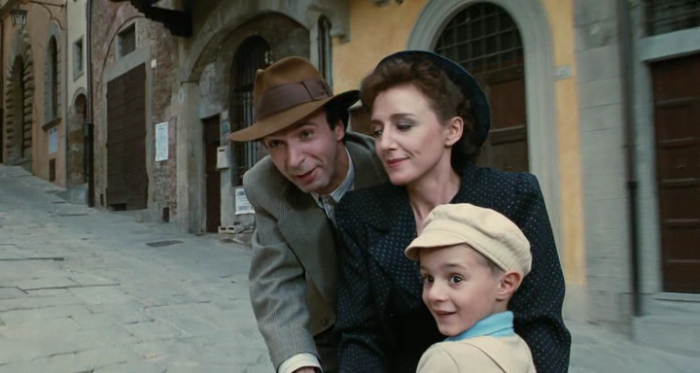
Yes, it won the Academy Award for Best Foreign Language Film and Best Actor for Roberto Benigni. And I have to admit that it’s a film I enjoyed very much when I first saw it a couple of years back. But the hate surrounding it was getting way too much and I decided to give it another watch. And sadly though, I was very much underwhelmed by it and could finally see what most people disliked about the film. The film is the very definition of emotional manipulation and hardly ever takes itself seriously, with an extremely one-dimensional character leading the film. Benigni’s blend of comedy with tragedy does not come off as impressive and the film lacks the emotional punch and horror of the greatest holocaust films.
9. Primal Fear (1996)
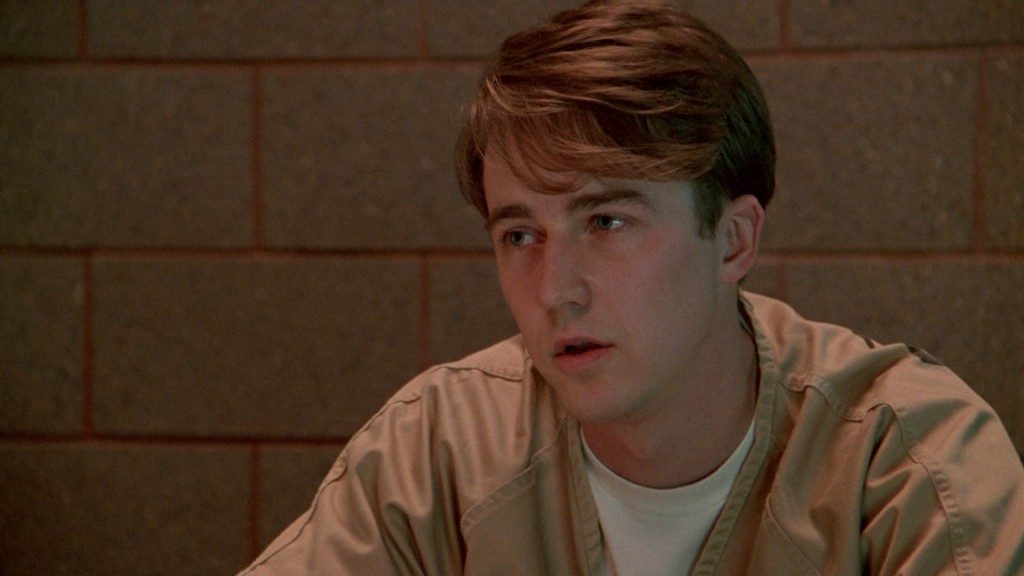
‘Primal Fear’ doesn’t exactly get worse on repeat viewings but it lacks anything more than whatever it offers to us on a first viewing. The film tells the story of Aaron Stampler, a stuttering young man suffering from multiple personality disorder and accused of murdering a priest. A big-shot lawyer comes to his rescue, takes up the case, and clears him off. In the end it is revealed that Aaron had been faking mental illness all along in order to trick his lawyer and get him off the hook. Apart from an explosive performance from Edward Norton, the film hardly ever offers anything on a re-watch. And the more we think of how such a smart, influential lawyer couldn’t get people from Aaron’s past life to speak in public, the further the impact of the film diminishes.
8. Scent of a Woman (1992)
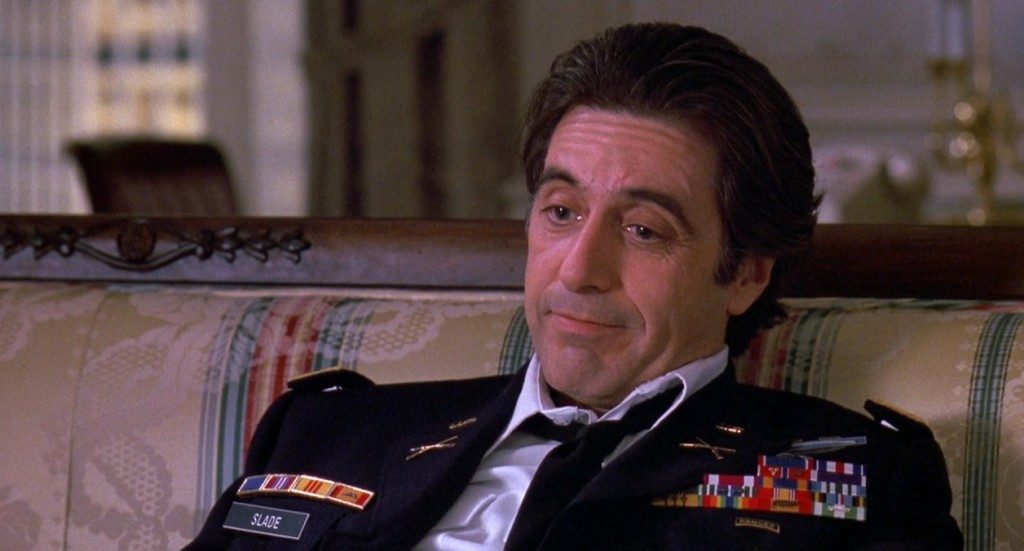
‘Scent of a’ Woman’ hardly even qualifies as a good film on the first viewing but somehow manages to redeem itself through a decent final few minutes that leaves us very close to being satisfied. A repeat viewing, however, turns out to be unimaginably tedious and tiring, with its frustratingly long running time and a painfully hammy Al Pacino taking a toll on us, making it extremely hard to bear and sit through. The film feels irritably stuck at places and hardly ever flows and comes off as nothing more than a stage for Pacino to flaunt his acting abilities so he can finally snatch his consolation Oscar.
7. A.I. Artificial Intelligence (2001)
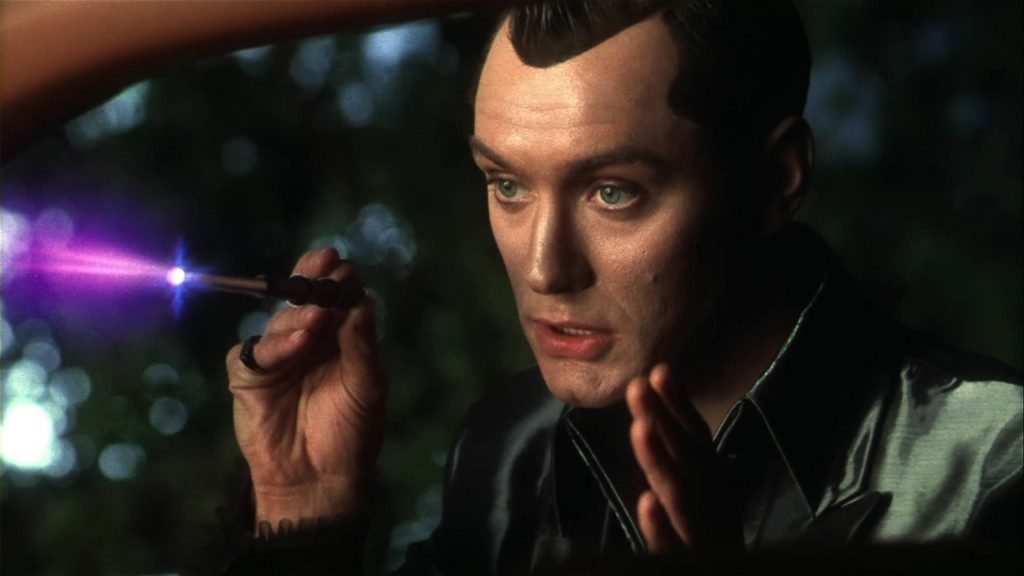
Steven Spielberg’s adorable sci-fi that depicts the story of a robotic child, programmed with the ability to love and feel human emotions, desperate to regain the love of his foster human mother, is one of the most endearing cinematic experiences I’ve ever had. Blending all the classic Spielbergian elements with gorgeous visuals and a memorable soundtrack, the film is a warm, moving tale of humanity and motherly love. But a second viewing surprisingly changes things, and the film comes off as slightly contrived, especially the ending, and feels torn between a thought-provoking sci-fi and a melodramatic fairy tale.
6. Django Unchained (2012)
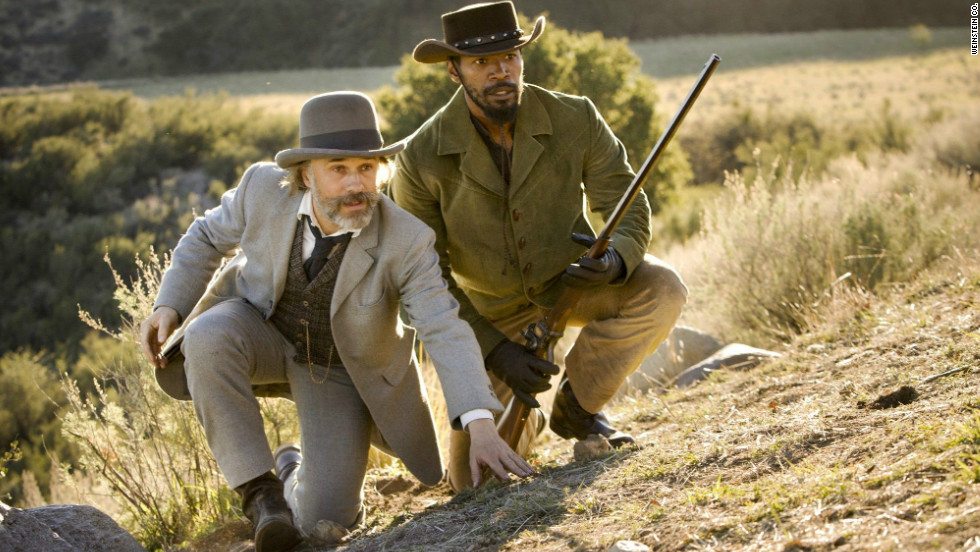
The sheer entertainment value in Quentin Tarantino’s cinema makes it work phenomenally on every viewing. ‘Django Unchained’ is quintessential Tarantino: a blood-splattering Western revenge tale of a black man in the 19th century looking to rescue his wife from the brutalities of a psychopathic plantation owner who has kidnapped her. Like most of his films, ‘Django Unchained offers entertainment of the highest quality but a second viewing of the film turns out to be a surprisingly underwhelming experience. The tedious run time of the film somewhat comes off as a major issue here and the film seems way too caught up in itself. ‘Django Unchained’ lacks the sheer thrill of Tarantino’s other films and fails to produce quirky, interesting characters.
5. The Departed (2006)
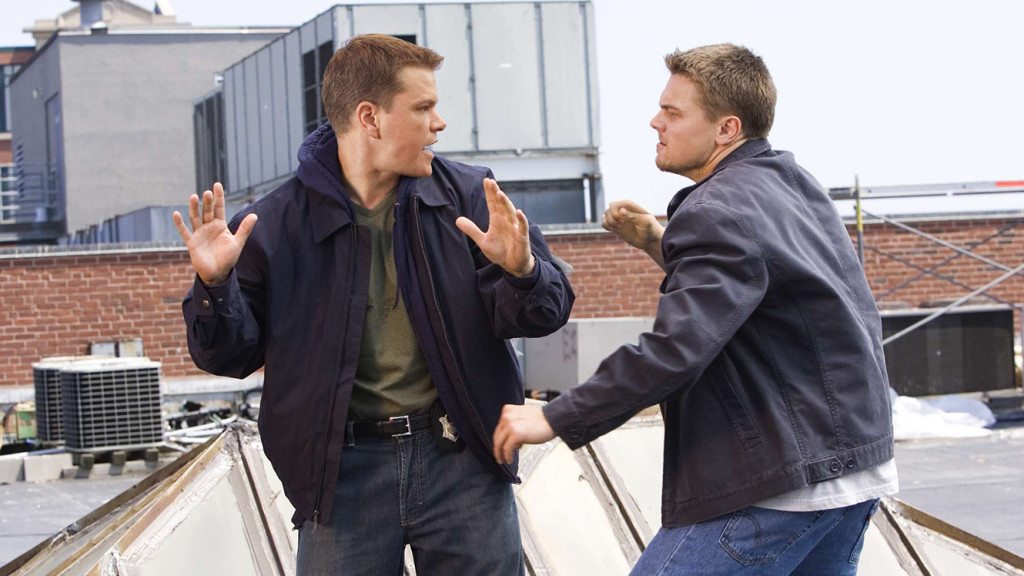
Martin Scorsese’s much-awaited Oscar glory famously turned out to be one of the most controversial triumphs in the history of Academy Awards. And ‘The Departed’ remains a sad victim of this cruel irony as it went on to become Scorsese’s most hated movie even among his most ardent fans. ‘The Departed’ initially impresses you with all its classic genre elements and some fine performances from its flamboyant star cast but visibly falls well short of greatness on repeat viewings. Much of the reason here could be attributed to the film’s tiring running time, which one might not realize on first viewing due to the sheer anticipation of twists and turns unraveling in the story. And coming from Scorsese, it does come off as bland and monotonous and feels just like a mediocre gangster flick cut straight from the cloths of Scorsese’s early works.
4. The Game (1997)
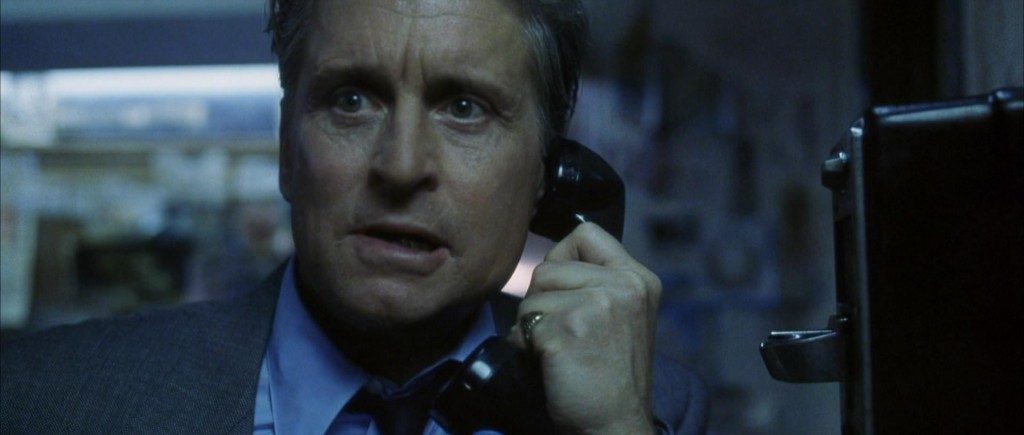
The undisputed master of thriller, David Fincher, hardly ever takes a misstep. His 1997 psychological thriller tells the story of a banker who receives a strange gift from his brother that would change his life forever. ‘The Game’ is by no means a bad film and is as entertaining and gripping as some of the director’s best works and at places, even rivals his previous film ‘Se7en’. The film comes off as a fairly satisfying affair with mixed emotions on its first viewing but on re-watches it feels a lot more forced and detached, partly due to a weak script that even someone like Fincher couldn’t salvage the film from.
3. The Usual Suspects (1995)
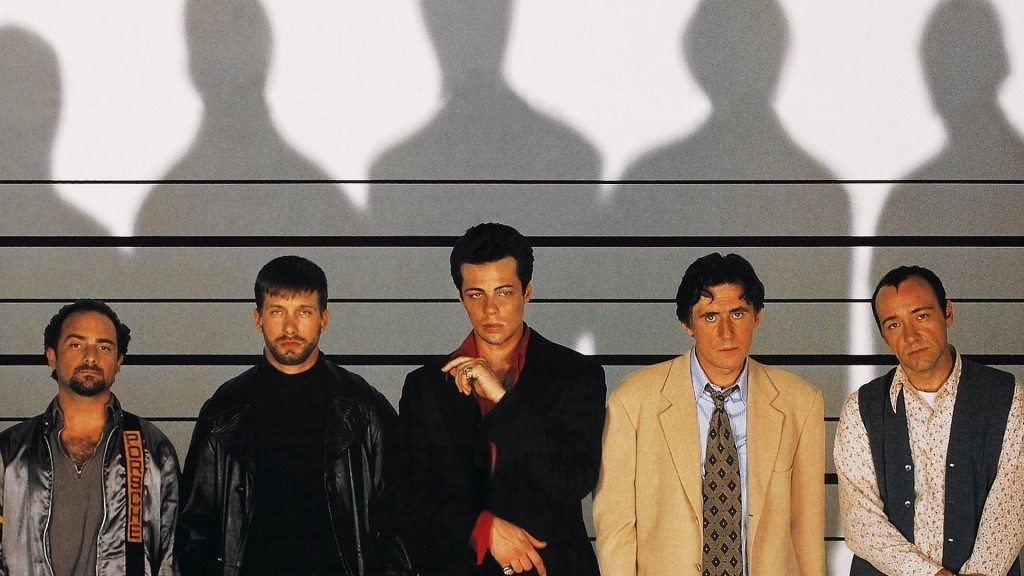
I first watched ‘The Usual Suspects’ on one of my friend’s highly enthusiastic recommendations. And I have to admit that by the time the film got over, it had left me in complete awe. Featuring an unforgettable Kevin Spacey, some memorable dialogues, and a groundbreaking plot twist that changed the course of its genre, ‘The Usual Suspects’ is one of the most iconic thrillers of the 90s. But a repeat viewing turns out to be shockingly disappointing as the logic of the plot line and various inconsistencies in the story get exposed, and the film comes off as a mere manipulative drama, convoluted purely for the sake of a shocking plot twist.
2. The Sixth Sense (1999)
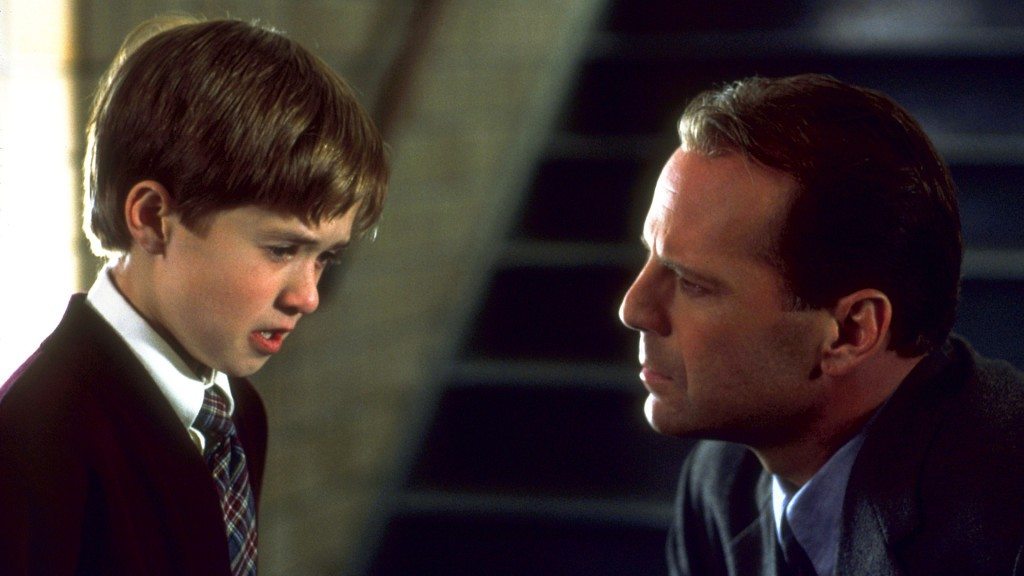
M. Night Shyamalan’s ‘The Sixth Sense’ is a classic example of a one-hit-wonder. What works phenomenally well on a first viewing is the film’s famous plot-twist that very nearly had us gasping in shock and surprise. However, in retrospect, the impact of the punch initially felt through the twist diminishes with time and lacks the power and emotional depth of the greatest mystery films ever made. The writing comes off as a lot lazier than the impression it initially gives us on a first watch. The whole final revelation in itself is one big hole in the plot when you think that Crowe only realised he was a dead man through Cole but considering the theory that normal people couldn’t see or talk to dead persons, even Crowe must have been invisible to the people around him but he seems perfectly living his life, going to work and carrying on with his work. These questions only come to baffle us long after the credits have rolled out.
1. Inception (2010)
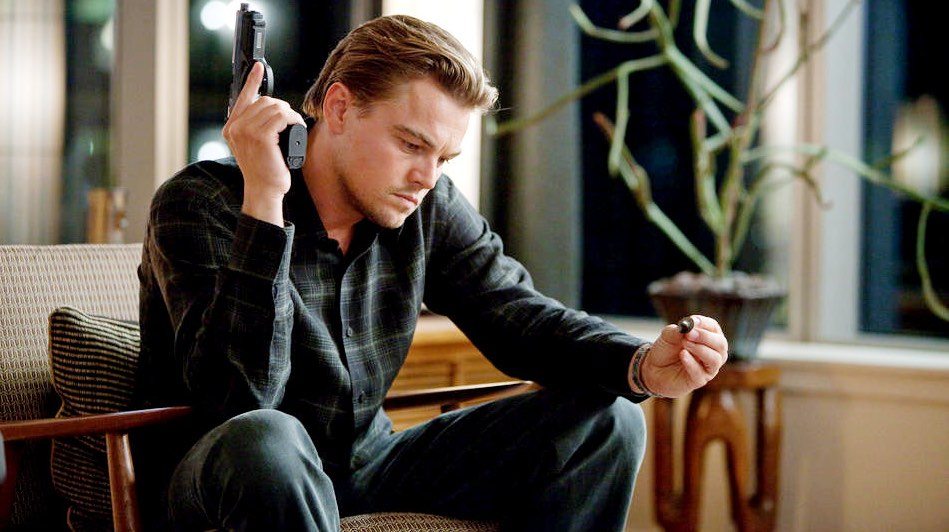
I am certainly aware of the kind of backlash that I am going to receive for making this contentious choice but quite honestly, I could well have picked any Christopher Nolan film and its impact would have been the same (Barring ‘Memento’ to a good extent). Christopher Nolan is, without a doubt, one of the most original and wildly imaginative filmmakers to have graced the industry in a long time. No filmmaker since the great Steven Spielberg has been able to replicate the magic of blockbusters and turn it into an exhilarating cinematic extravaganza with the brilliance of Christopher Nolan. However, he is far from being the best filmmaker working in cinema today. ‘Inception’ is an astonishingly well crafted film with an intriguing subject that manages to raise a fair amount of questions on dreams, memory and reality. However, like most of his films, ‘Inception’ suffers from bad writing and Nolan’s inability to craft strong, powerful characters become more and more evident on second viewings and its impact wears off to a great extent. Also, the ambiguity towards the end feels totally out of place and forced and leaves less space for imagination than what it poses itself to be.

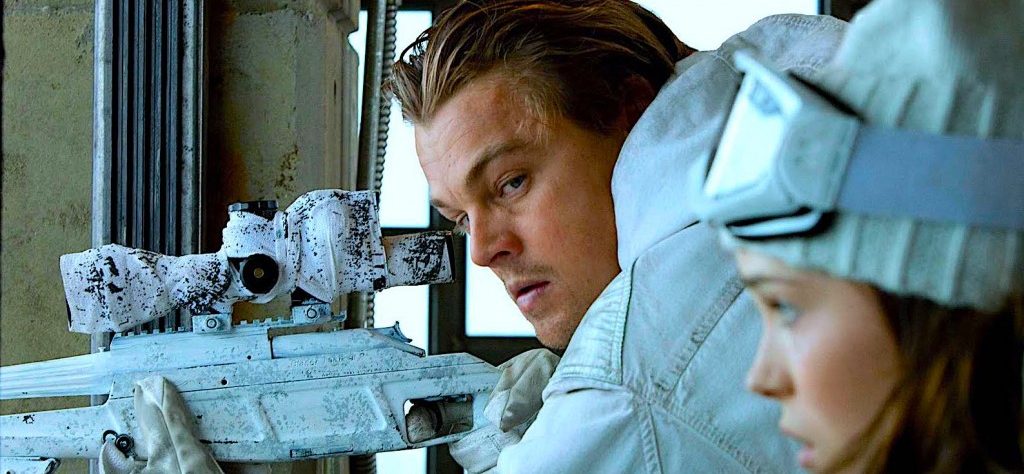
You must be logged in to post a comment.